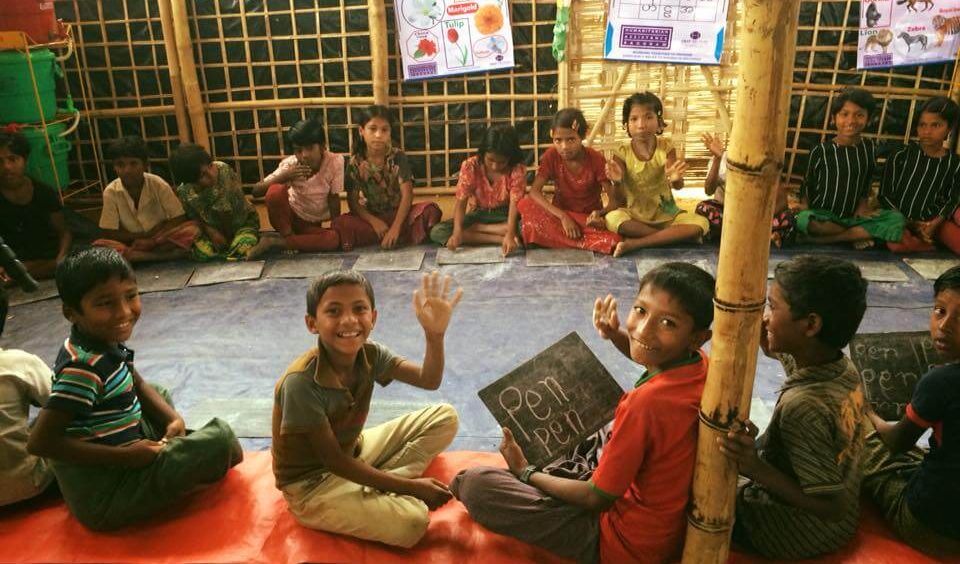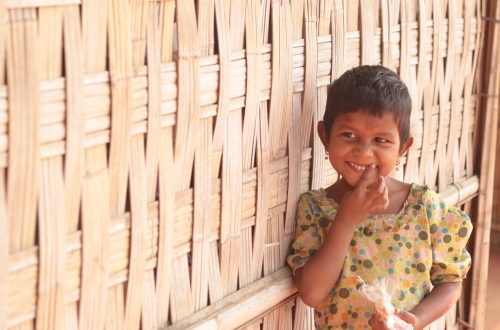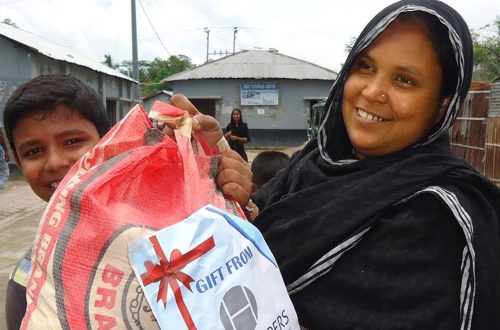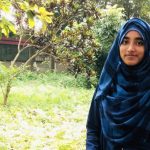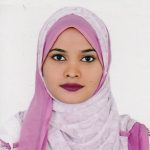Rohingya Education
OBAT is running 10 Learning Centers (LC’s) to educate Rohingya children. The LC’s are providing an education for children between the ages of four and fourteen and cover the subjects of English, Burmese, and Mathematics daily. Class sessions are 2 hours long, allowing for up to 90 children to attend class in a single LC daily. Students also receive nutritional snacks each day at their class. There are currently 1,000 students enrolled in these LC’s.
In addition to normal class days, the LC’s have held many activity sessions for the benefit of the children. These have included a celebration of ‘International Education Day’, as well as a ‘Global Hand Washing Day’ celebration and a hygiene training session, where children were taught how to properly wash their hands and brush their teeth. OBAT also conducted a ‘Bag Distribution’ in March 2018, where bags, slates, water bottles, exercise books and pencils were distributed to students at the LC’s in different camps.
The goal of the Education Program is to make a significant contribution to the achievement of Education for All (EFA) in Bangladesh. Rohingya children living in camps experience extremely challenging circumstances, preventing them from having what would be considered a “normal” childhood. Therefore, OBAT’s learning centers aim to provide an education as well as a semblance of a childhood, serving not only to educate them, but also to allow them to escape from the harsh reality of their lives.
Donate
IMPACT
Rohingya children have benefited immensely from OBAT’s Learning Centers, as they are provided with:
- A comprehensive and consistent education
- Classes in English, Burmese and Mathematics, which will raise community literacy rates
- A safe place to learn, make friends, and be a child
- Nutritional supplements for their diet, which is often lacking
- An escape from the harsh realities of their life in the refugee campThe education in English, Burmese and Mathematics that they are receiving will present opportunities for them later in life, both personally and professionally. In a community that is 90 percent illiterate, the education of Rohingya children is particularly powerful in that it has the potential to greatly improve this poor illiteracy rate, therefore creating a greater chance of changing the outcomes of the Rohingya community in the future
Digital Learning Center
OBAT is piloting a Digital Learning class in LC # 8 in Camp 4. This program is operating in partnership with Teach the World Foundation, an organization which implements a digital literacy model education to meet the needs of disadvantaged populations. The Digital Learning pilot class has 90 students, who study in 2-hour shifts; the same structure of the normal LC classes. In a Digital Learning class, children study English, Mathematics, Burmese and Social and Emotional Learning (SEL), supervised by a facilitator.
Digital Learning has several benefits over traditional teacher-led learning:
- Digital Learning uses low-skilled “facilitators” who can be trained in 5 days – enabling learning centers when skilled teachers are not available
- Tablets allow “portable” schools – with facilitators carrying 20-25 tablets in backpacks to create ad-hoc classrooms anywhere when inclement weather affects normal operations
- Digital Learning classes include specialized digital learning apps to address social-emotional needs of traumatized children – this is a key part of the TTWF curriculum
- Increased self-esteem and confidence in students – experience in TTWF’s recent pilots indicates a high degree of self-esteem and confidence in children using digital “self-learning.”
- The Social-Emotional Learning (SEL) component of the course greatly helps traumatized children – this will be particularly beneficial to Rohingya children in the camp.

